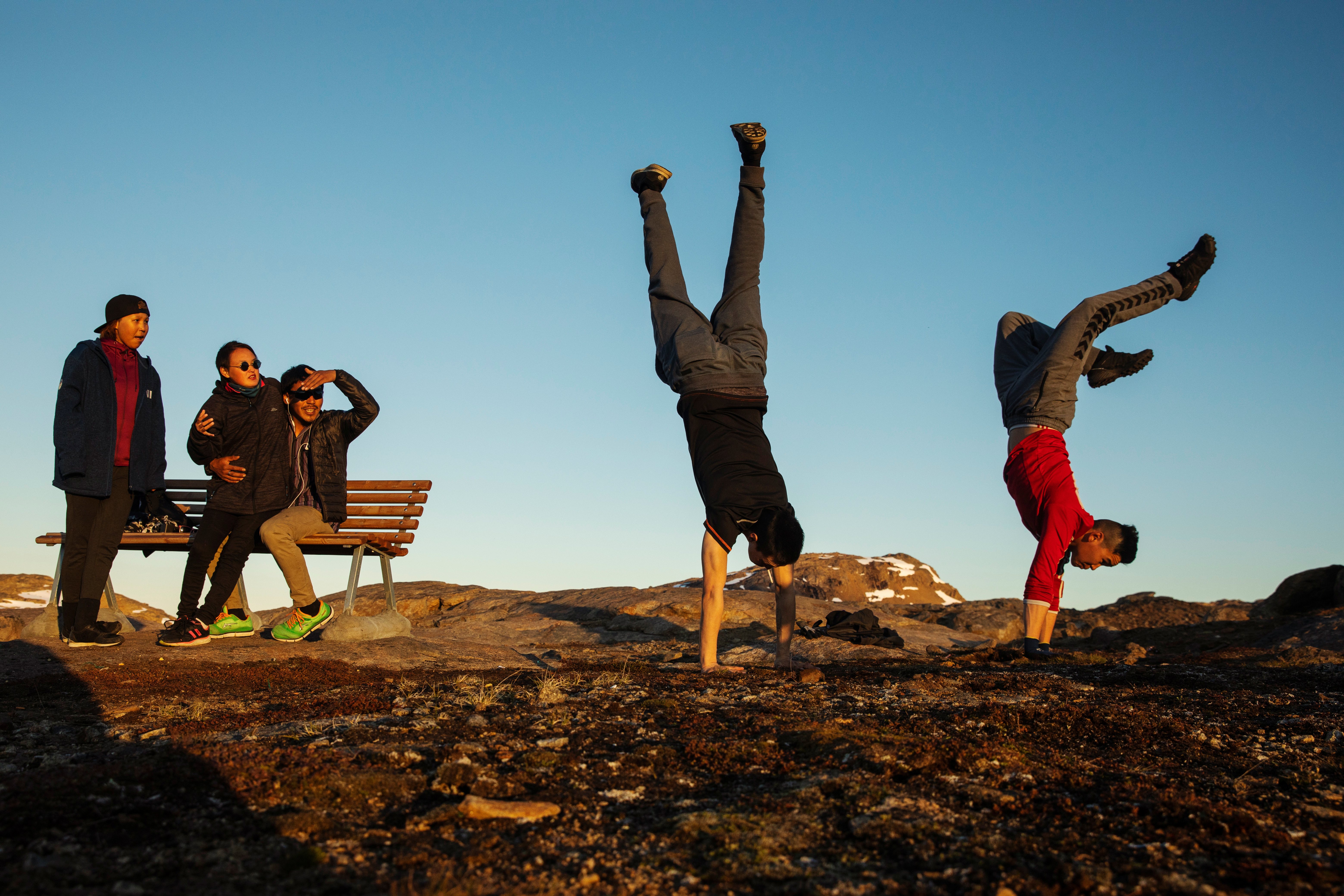Outdoor activities are good for young Greenlanders’ well-being, study finds
“Picking berries, fishing and hunting — all things that people have always done, and which create healthy communities — have a significant influence on young people’s mental health.”

Young people in Greenland who engage in outdoor activities such as hunting and boating on a regular basis appear to be in better mental health than their peers who do not, recent research from the University of Southern Denmark has found.
Surveys involving 620 people in Greenland between the ages of 18 and 34 appear to indicate that taking part in “cultural activities” and having a good relationship with elders played an important role in their well-being.
“One of the most essential elements of Greenlandic culture is being outside and being part of strong communities. Picking berries, fishing and hunting — all things that people have always done, and which create healthy communities — have a significant influence on young people’s mental health,” Christina Viskum Lytken Larsen, who heads the university’s Centre for Public Health in Greenland, said.
Although the link, according to a report published in connection with the survey, was clear, it had not been possible to determine whether it was being outdoors that improved people’s mental health, or whether poor mental health kept people from participating in outdoor activities.
[Campaign against sexual abuse aims to bring better days for Greenland’s kids]
The report also underscored that there while there was no single path to a healthy childhood, it was important to include factors such as mental and what it described as “spiritual” health when assessing the well-being of children.
“In recent years, we’ve become more aware of the connection between physical and mental heat, but we’ve paid less consideration to spiritual health,” the report said.
Interacting with nature, according to the report, symbolised for many Greenlanders what it meant to be physically, mentally and spiritually healthy.
“Nature is described by many as an essential element of their lives. The outdoors is where is you hunt for food, prepare the animals you’ve caught, and summertime is when you gather food for the long winter. And it is from here that many people draw strength and inner peace and renew their energy.”
[Fall in suicides in Greenland reveals a more stubborn statistic]
The surveys were conducted as part of the fifth in a series of studies looking into public health in Greenland. The surveys began in 1993, but this is the first time that people under the age of 18 have been included.
While the results appear to indicate that many young people in Greenland have had healthy childhoods, about a third have grown up with alcoholism and abuse, and that children in this group often face multiple risk factors that place them at particular risk.
“It’s good news that the results show that a large group of young people in Greenland had a good childhood and that they live good lives. But, they also show that there is a group of young people who are vulnerable because of the things they experienced growing up,” the report states.